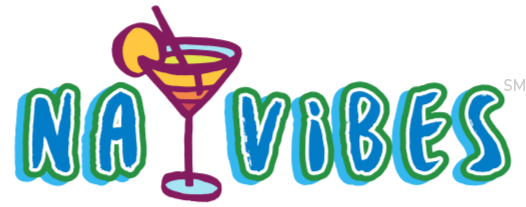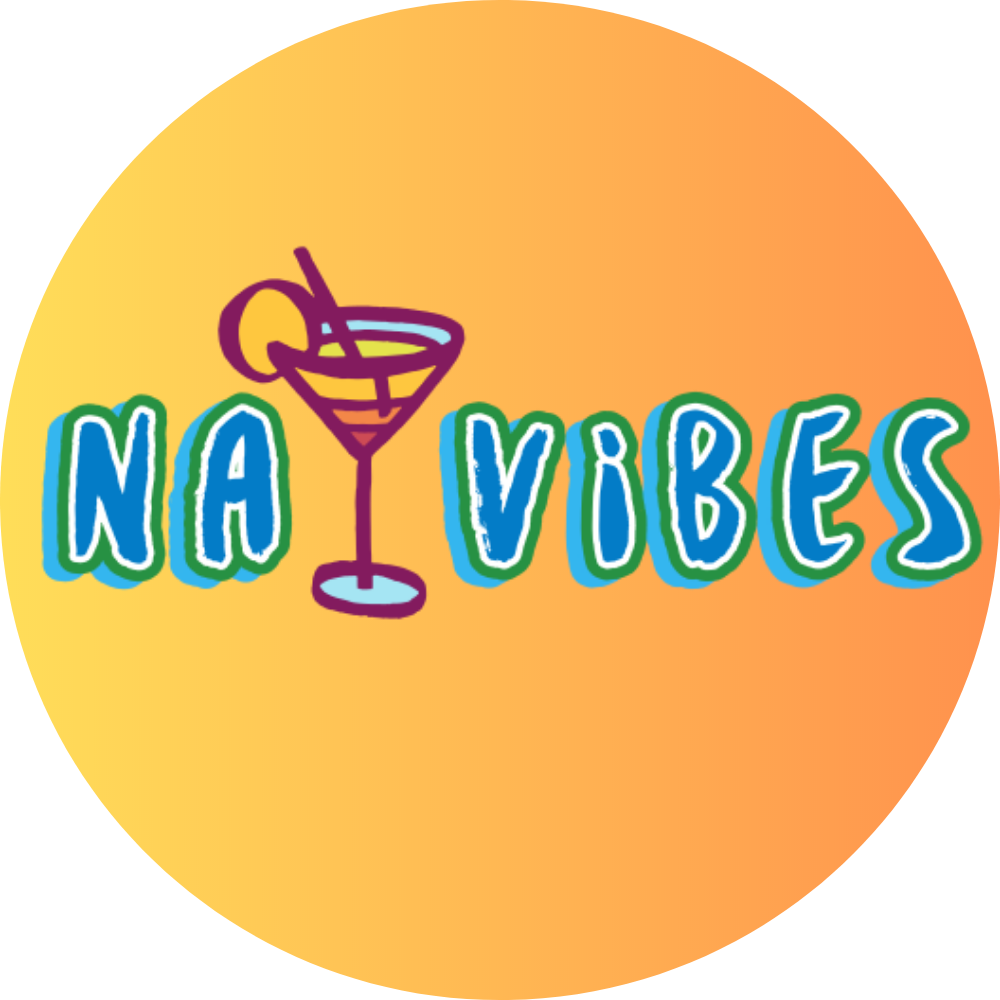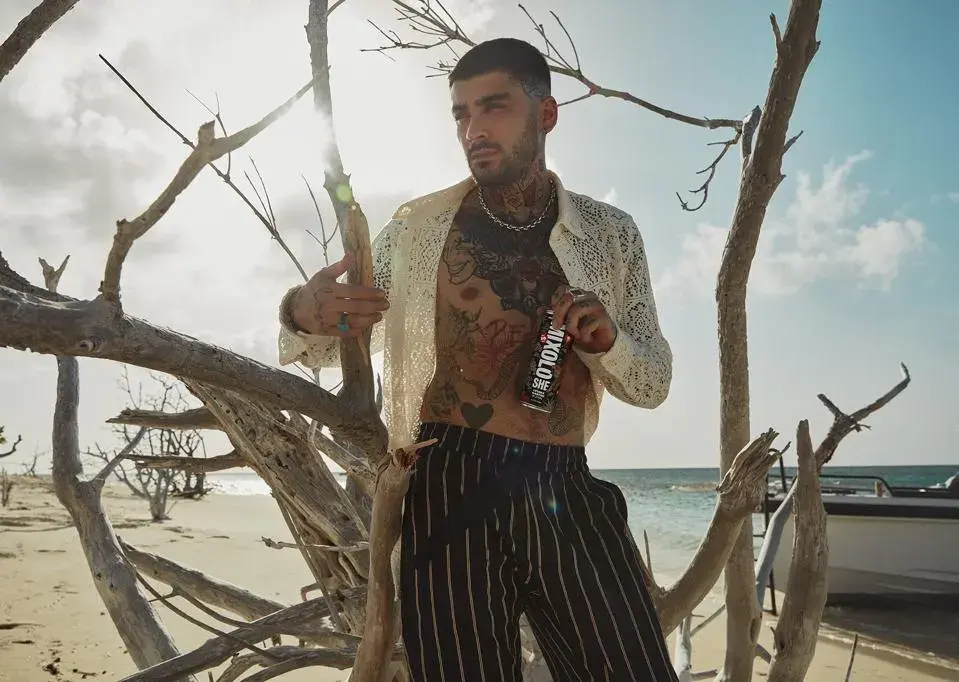From Dry January to Fake Cocktails, Inside the New Temperance Movement
- Joel Stoner

- Sep 8, 2022
- 2 min read
Updated: Sep 27, 2022
Many Americans are reconsidering their relationship to alcohol. But if we drink less, is that automatically a good thing?
By Jason Wilson
July 25, 2022 at 10:00 a.m. EDT
As I write this, I’m sipping two drinks. One is a classic gin and tonic. The other is a tonic mixed with a “spirit” called Pentire Seaward. I write “spirit” in quotes because while Pentire Seaward’s ingredients list includes numerous items — sea rosemary, woodruff, sea buckthorn, pink grapefruit, seaweed, orange juice concentrate, tartaric acid — that list does not include alcohol. The label doesn’t actually use the word gin (it’s a “botanical non-alcoholic spirit”), but I will, in quotes: This is an alcohol-free “gin.” At first I was certain I could taste the difference between the gin and tonic and the “gin” and tonic, but then I got deep into writing and the glasses got mixed up on my desk, and now I’m not totally sure which is which.
This sort of confusion mirrors how I’ve felt the past few months as I’ve delved into the complex dynamics at play with Americans and their drinking. For a few years now, we’ve been hearing a lot about the fact that millennials and Gen Z drink much less than older generations, about the growing “sober-curious” movement, about large numbers of people reconsidering their relationship to alcohol, about Dry January, about the explosion of adult nonalcoholic beverages, about the legalization of cannabis and people choosing to go “Cali sober,” about the dubious wellness claims surrounding “clean,” “additive-free” or “hangover-free” wine, about mounting scientific evidence on the health risks of drinking, about how “alcohol is the new smoking.” Many in the drinks industry have figured this all might be a fleeting reaction brought on by the pandemic, but it’s starting to look more and more like a lasting cultural shift.
Meanwhile, I am still processing how one afternoon I ended up in a store called Boisson, a “dry drinks & mixology shop,” a self-proclaimed “welcoming, judgment-free zone” that seeks to satisfy the “widespread, underserved need for quality alternatives to alcohol.” Boisson has five locations in New York City and has just completed a round of investment that will fund nationwide expansion.
Read the rest on the Washington Post site:







Comments